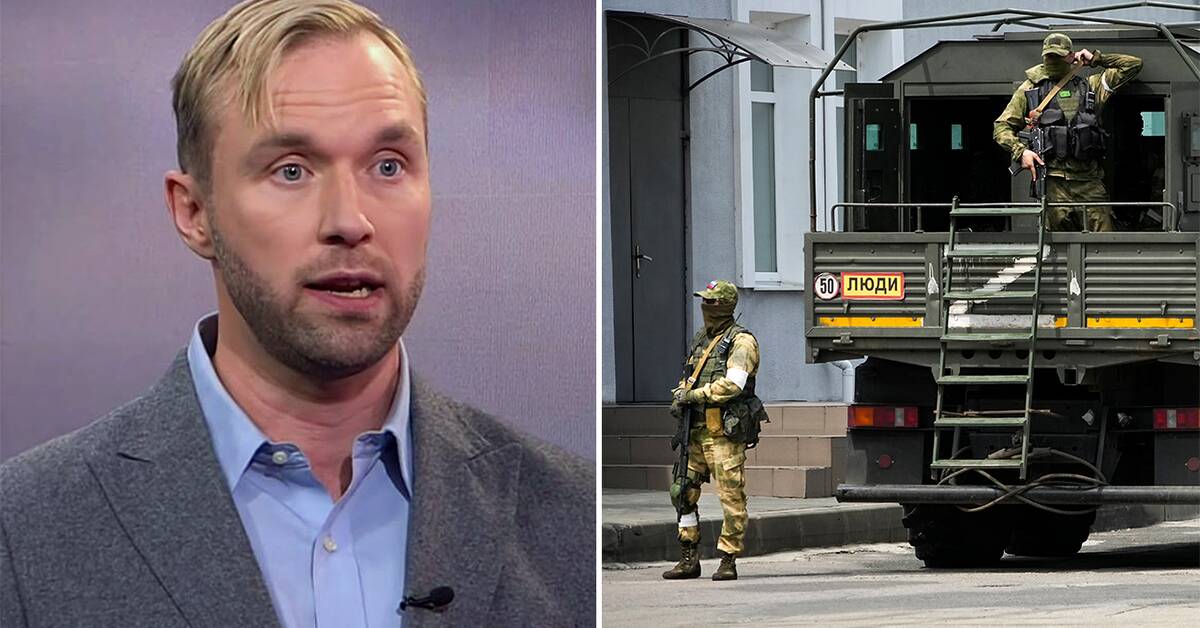Russia has ordered its forces to leave the key city of Kherson, the only regional capital it has captured since the full-scale invasion of Ukraine began, to organize its defenses along the eastern bank of the Dnieper river.
Exactly what Russia will do is still unclear, according to Oscar Jonsson, PhD in Russian warfare and active at the Norwegian Defense Academy, in SVT's Aktuellt.
Politically, however, it is a "huge setback", he points out.
- Now Russia has carried out a general mobilization at a high political price and yet what happens a few weeks later is a major setback.
Due to its location near the Russian-annexed Crimean peninsula, Kherson has great symbolic value.
The withdrawal could become a significant turning point in the war, which has almost been going on for nine months, writes Reuters.
Way too expensive
Since August, Ukraine has long-range shelled important bridges over the Dnieper River, which has made it difficult for Russia to maintain its forces there, he continues.
- Nevertheless, Russia has strengthened its presence there and seemed determined to hold this position.
Now they have arrived at the decision that it will cost too much to try to stay there, so some form of regrouping is expected.
How the retreat will go is not known.
- Right now there is ferry traffic in these places, where you shuttle over.
If Ukrainian forces get closer, they can start shelling the ferry traffic with regular artillery, which can lead to huge losses when trying to leave in panic.
Russian strategy going forward
According to Jonsson, Russia's strategy going forward is above all to make life as miserable as possible economically for Ukraine.
- In particular, they bomb civil infrastructure, energy infrastructure and try to make the Ukrainian economy go so badly that it costs too much for the West to support Ukraine and that they therefore have to give up.
In purely military terms, they try to keep the borders they have before the winter, so that they can train the reservists who have been mobilized to be able to reinforce with them in the war, he concludes.

